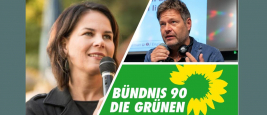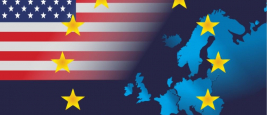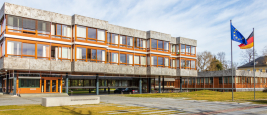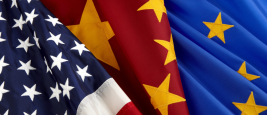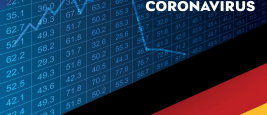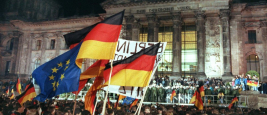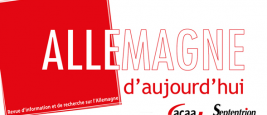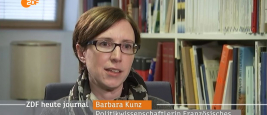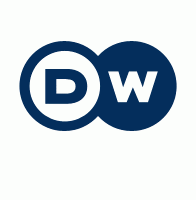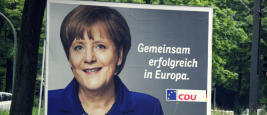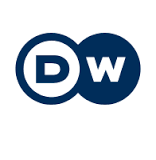In the context of increasing awareness of the climate crisis, environmental parties across the EU obtained high scores in the European elections of May 2019, reaching 20% in Germany, 17% in Ireland, 16% in Finland and 13 % in France. Meanwhile, far-right parties gained strength.

Germany (Cerfa)
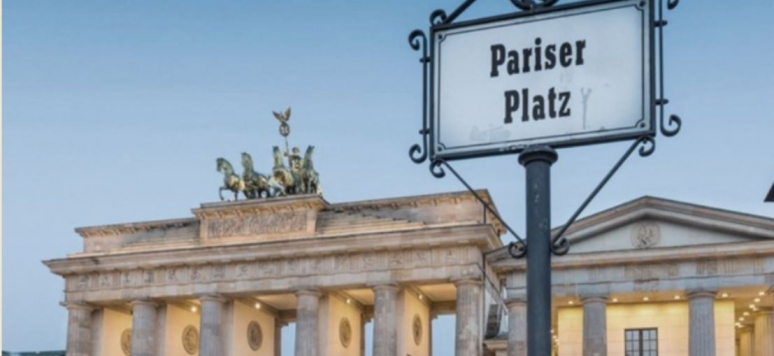
The Study Committee on Franco-German Relations (Cerfa) was founded by an intergovernmental treaty between the Federal Republic of Germany and the French Republic in 1954. It has analyzed relations between the two countries for over 60 years. The Cerfa engages in a wide range of activities. It promotes the Franco-German debate and policy-oriented research through conferences and seminars that bring together experts, policy-makers, decision-makers and civil society representatives of both countries.
The Cerfa publishes regularly books reflecting on the current state of Franco-German relations and two research note series – Notes du Cerfa and Visions franco-allemandes – that target primarily French decision-makers, with the aim of elucidating political, economic and social evolutions in contemporary Germany, and closely following current developments in Franco-German relations.
The Cerfa maintains close relations with the network of German foundations and think-tanks, including the Konrad Adenauer Foundation, Friedrich Ebert Foundation, Heinrich Böll Foundation, German Council on Foreign Relations (DGAP), Genshagen Foundation, French-German Institute (DFI), and German Institute for International and Security Affairs (SWP).
Through its successive interactive and ad hoc cooperation programs, the Cerfa promotes the emergence of a new Franco-German generation:
- In the year 2021, the Cerfa started a Program on Multilateralism with the Konrad Adenauer Foundation in Paris. This program aims at creating a Franco-German network bringing together young professionals interested in the topic of multilateralism in the context of their work. It consists in working sessions based on briefings and workshops with selected experts and practitioners covering a broad range of issues relating to multilateralism, such as international trade, health, human rights and migration, non-proliferation and disarmament.
Previous initiatives:
- The Franco-German Future Dialogue co-organized by the Cerfa together with the DGAP and with the support of the Bosch Foundation aimed at creating a new Franco-German generation by developing exchanges and debates between French and German young professionals and PhD students.
- The Daniel Vernet Group (formerly the Franco-German group of reflection) had been founded in the Fall of the year 2014 at the initiative of the Genshagen Foundation.
Secretary General of the Study Committee on Franco-German Relations (Cerfa)
...Research Fellow, Study Committee on Franco-German Relations (Cerfa)
...Research Fellow, Study Committee on Franco-German Relations (Cerfa)
...Assistante
Counselor on Franco-German relations at Ifri
...Since 2018, the Christian Democratic Union (CDU - Christlich Demokratische Union) has been confronted with a long-lasting leadership crisis. Annegret Kramp-Karrenbauer, Merkel’s favorite candidate for the position of party leader, was not able to maintain herself at the top of the...
The handling of the COVID-19 pandemic by the German government and health system has globally been perceived as a success because of a relatively low death rate.
The COVID-19 crisis has not only revealed a world that has moved into an age of interdependence and competition, it has also laid bare Europe’s strategic loneliness and vulnerability.
In the Aachen Treaty in 2019, Germany and France agree to deepen their "common program in defense matters" and to pursue a common vision in terms of arms export. These are the preconditions that will help consolidate a culture of common armed forces, common interventions, and European defense...
In its judgment of 5 May 2020, the German Federal Constitutional Court in Karlsruhe questioned the conditions under which the European Central Bank (ECB) had adopted a Public Sector Purchase Programme (PSPP), thus contradicting the position taken by the Court of Justice of the European Union...
As international relations are increasingly reorganized around the US-China rivalry, the tensions between these two great powers are shaping a growing number of sectors, and the exchange of sensitive technologies in particular. This is a critical issue for European companies today. <...>
Compared with other European countries, Germany’s management of the COVID-19 crisis has been efficient. Its health system has successfully coped with the challenge of the fight against the pandemic, the impact on employees has been mitigated thanks to allowances dedicated to furlough leave,...
On October 3, 1990, after forty years of division, Germany once again became one state. Less than a year after the fall of the Berlin Wall, on November 9, 1989, the territories of the German Democratic Republic (GDR) became part of the Federal Republic of Germany (FRG) under Article 23 of its...
Germany joined the creation of Economic and Monetary Union only with great hesitation and has tried to dictate the spirit and rules of operation of the Union.
The chancellor has launched the battle for the legislative elections. In front of the 1000 delegates of her party (CDU), Angela Merkel was firm on immigration in order to counter the populist right.
In view of the Brexit and Donald Trump, Angela Merkel announced her candidacy for a 4th mandate to the Chancellery Sunday November 20th. What are her chances? What support can be expected from the German population and parties? Would she be a bulwark against the right-wing populist AfD?
...Primary elections of the French conservative party "Les Républicains": analysis by Barbara Kunz.
One year before the general elections and even if Angela Merkel remains a favourite, the political scene in Germany seems more fragmented than ever.
The 3rd of October is a national holiday celebrating German unity since 1990. What has the mass arrival of migrants these past years revealed about German society?
The party Alternative für Deutschland founded only three years ago against the Euro unites Germans against Berlin's open-door policy. And on the eve of new elections, more and more of those that normally don't vote are joining them.
Will Angela Merkel still be chancellor in a years' time? Hans Stark gives an overview over the German political landscape. According to him, the rise of the right wing populists and eurosceptics will continue, but won’t hinder the forming of a government coalition.
After the recent electoral setbacks for Angela Merkel which saw the party Alternative for Germany (AfD) enter yet another two regional parliaments (Berlin and Mecklenburg-Western Pomerania), is there a possiblity for Germany to become just like the other European countries?
The president of the European Commission about security, investment and assistance in Africa. According to Hans Stark, Jean-Claude Juncker didn't beat around the bush and instead of going too far in self-chastisement he tried to give hope to European citizens.








